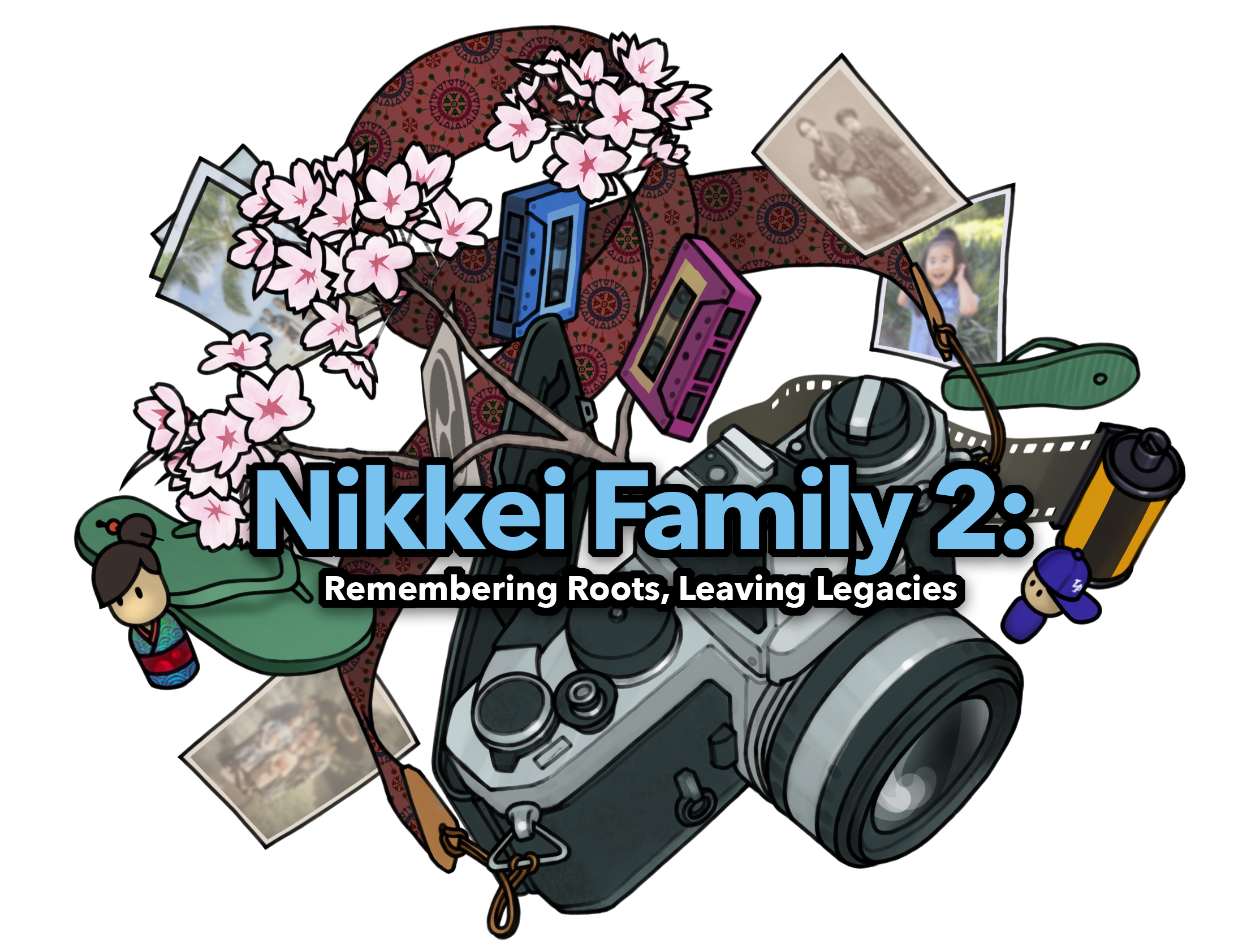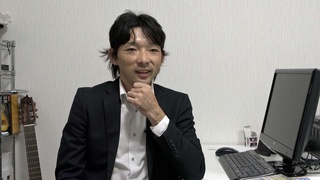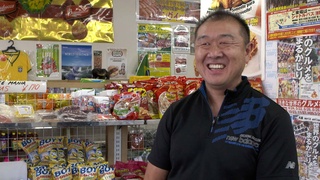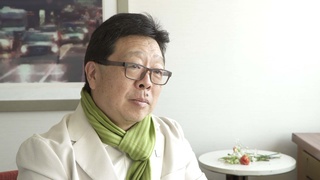Interviews
Explore More Videos

Discover Nikkei Updates
NIKKEI CHRONICLES #14


Nikkei Family 2: Remembering Roots, Leaving Legacies
Baachan, grandpa, tía, irmão… what does Nikkei family mean to you? Submit your story!
Baachan, grandpa, tía, irmão… what does Nikkei family mean to you? Submit your story!
SUPPORT THE PROJECT


Discover Nikkei’s 20 for 20 campaign celebrates our first 20 years and jumpstarts our next 20. Learn more and donate!
SHARE YOUR MEMORIES


We are collecting our community’s reflections on the first 20 years of Discover Nikkei. Check out this month’s prompt and send us your response!



